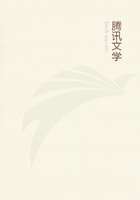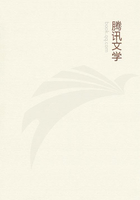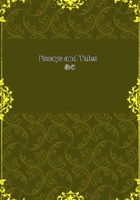I doubt, indeed, whether the earnings of literary men are absolutely as great as they were earlier in the century, in any of the English-speaking countries; relatively they are nothing like as great. Scott had forty thousand dollars for "Woodstock,"which was not a very large novel, and was by no means one of his best; and forty thousand dollars had at least the purchasing powers of sixty thousand then. Moore had three thousand guineas for "Lalla Rookh," but what publisher would be rash enough to pay twenty-five thousand dollars for the masterpiece of a minor poet now? The book, except in very rare instances, makes nothing like the return to the author that the magazine makes, and there are but two or three authors who find their account in that form of publication. Those who do, those who sell the most widely in book form, are often not at all desired by editors; with difficulty they get a serial accepted by any principal magazine.
On the other hand, there are authors whose books, compared with those of the popular favorites, do not sell, and yet they are eagerly sought for by editors; they are paid the highest prices, and nothing that they offer is refused. These are literary artists; and it ought to be plain from what I am saying that in belles-lettres, at least, most of the best literature now first sees the light in the magazines, and most of the second best appears first in book form. The old-fashioned people who flatter themselves upon their distinction in not reading magazine fiction, or magazine poetry, make a great mistake, and simply class themselves with the public whose taste is so crude that they cannot enjoy the best. Of course this is true mainly, if not merely, of belles-lettres; history, science, politics, metaphysics, in spite of the many excellent articles and papers in these sorts upon what used to be called various emergent occasions, are still to be found at their best in books. The most monumental example of literature, at once light and good, which has first reached the public in book form is in the different publications of Mark Twain; but Mr. Clemens has of late turned to the magazines too, and now takes their mint mark before he passes into general circulation. All this may change again, but at present the magazines--we have no longer any reviews--form the most direct approach to that part of our reading public which likes the highest things in literary art. Their readers, if we may judge from the quality of the literature they get, are more refined than the book readers in our community; and their taste has no doubt been cultivated by that of the disciplined and experienced editors. So far as I have known these they are men of aesthetic conscience, and of generous sympathy. They have their preferences in the different kinds, and they have their theory of what kind will be most acceptable to their readers; but they exercise their selective function with the wish to give them the best things they can. I do not know one of them--and it has been my good fortune to know them nearly all--who would print a wholly inferior thing for the sake of an inferior class of readers, though they may sometimes decline a good thing because for one reason or another they believe it would not be liked.
Still, even this does not often happen; they would rather chance the good thing they doubted of than underrate their readers' judgment.
New writers often suppose themselves rejected because they are unknown; but the unknown man of force and quality is of all others the man whom the editor welcomes to his page. He knows that there is always a danger that the reigning favorite may fail to please; that at any rate, in the order of things, he is passing away, and that if the magazine is not to pass away with the men who have made it, there must be a constant infusion of fresh life. Few editors are such fools and knaves as to let their personal feeling disable their judgment; and the young writer who gets his manuscript back may be sure that it is not because the editor dislikes him, for some reason or no reason.
Above all, he can trust me that his contribution has not been passed unread, or has failed of the examination it merits.
Editors are not men of infallible judgment, but they do use their judgment, and it is usually good.
The young author who wins recognition in a first-class magazine has achieved a double success, first, with the editor, and then with the best reading public. Many factitious and fallacious literary reputations have been made through books, but very few have been made through the magazines, which are not only the best means of living, but of outliving, with the author; they are both bread and fame to him. If I insist a little upon the high office which this modern form of publication fulfils in the literary world, it is because I am impatient of the antiquated and ignorant prejudice which classes the magazines as ephemeral.
They are ephemeral in form, but in substance they are not ephemeral, and what is best in them awaits its resurrection in the book, which, as the first form, is so often a lasting death.
An interesting proof of the value of the magazine to literature is the fact that a good novel will have wider acceptance as a book from having been a magazine serial.
I am not sure that the decay of the book is not owing somewhat to the decay of reviewing. This does not now seem to me so thorough, or even so general as it was some years ago, and Ithink the book oftener comes to the buyer without the warrant of a critical estimate than it once did. That is never the case with material printed in a magazine of high class. Awell-trained critic, who is bound by the strongest ties of honor and interest not to betray either his employer or his public, has judged it, and his practical approval is a warrant of quality.

